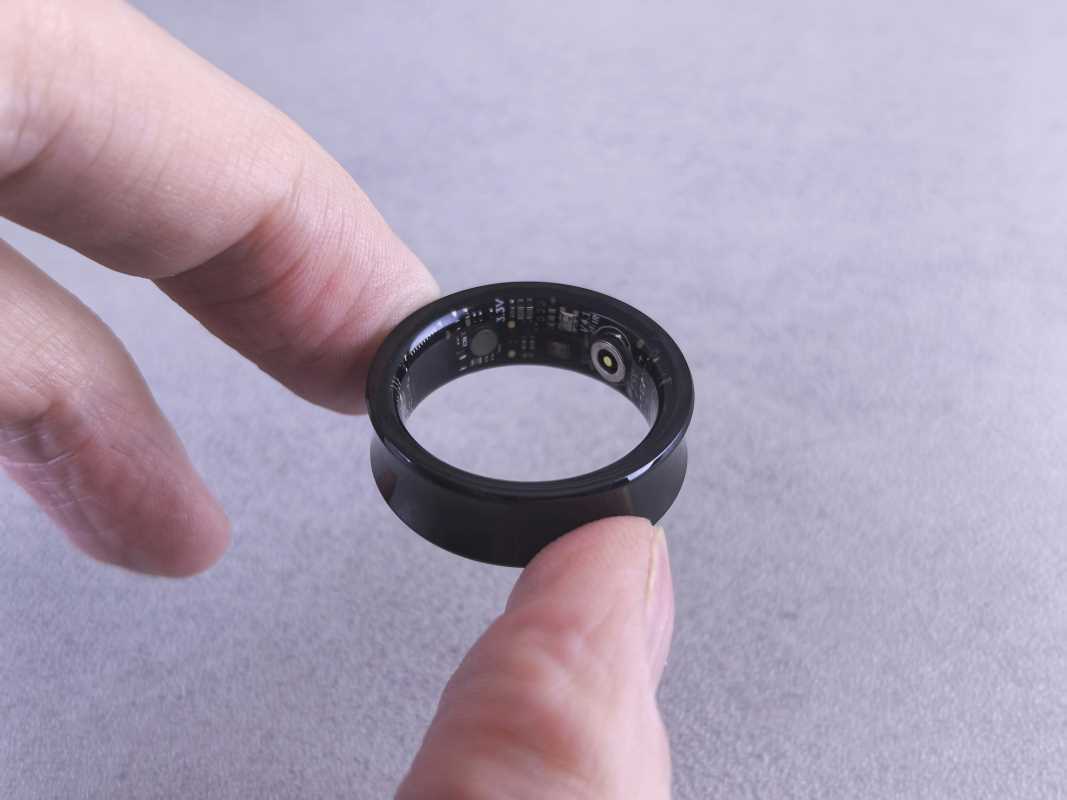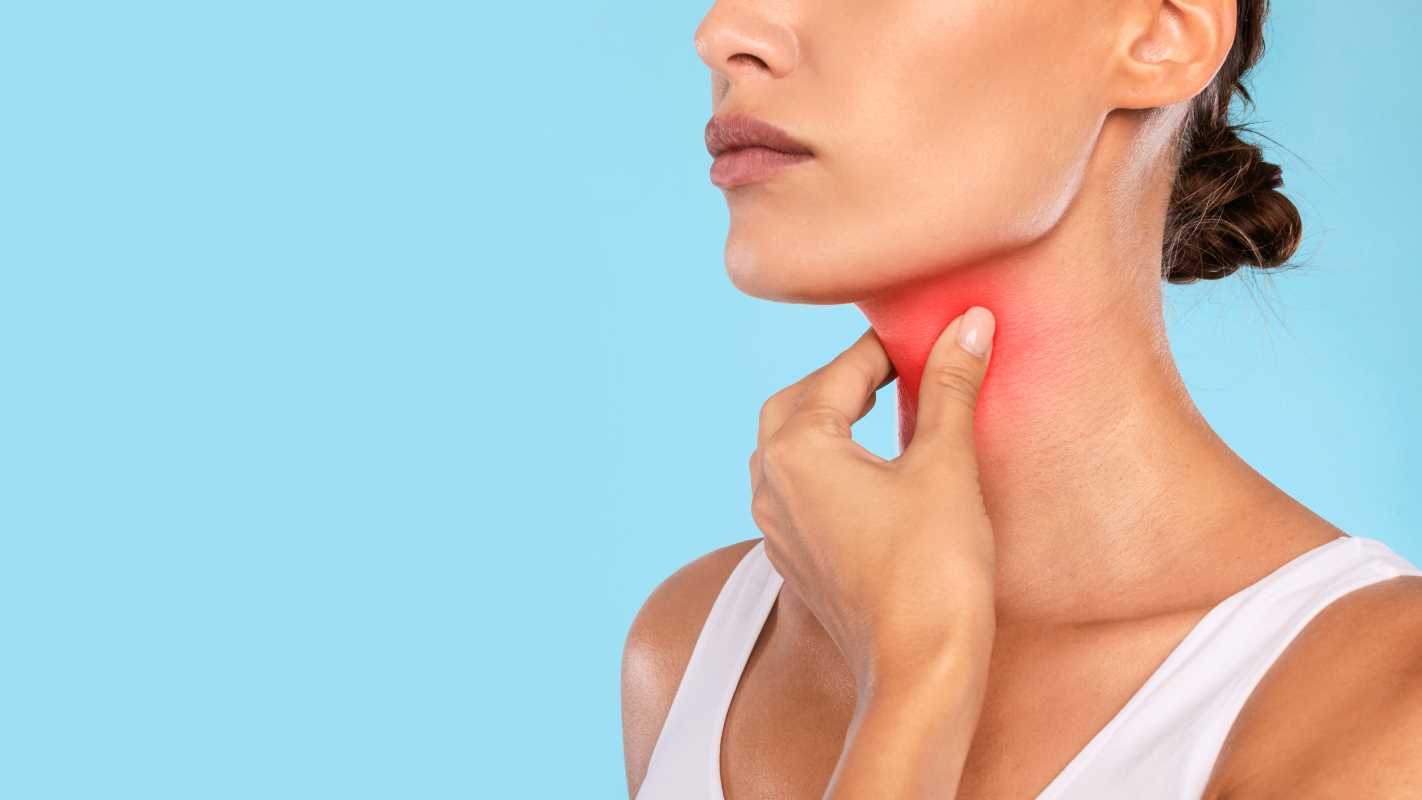Ever feel like something is missing from your diet but can’t quite figure out what? Maybe you’re feeling tired, your skin isn’t cooperating, or your energy just isn’t where it used to be. While there could be many reasons for this, one commonly overlooked cause is a vitamin deficiency. Vitamins are vital for our bodies to function properly, and even a small deficiency can impact how you feel and perform day to day.
The good news is that most vitamin deficiencies are manageable once you identify what’s missing. This guide will break down why vitamins are so important, how to spot common deficiency symptoms, what might be causing them, and how to bring your levels back into balance with diet or supplements.
Why Are Vitamins Important?
Vitamins might be tiny nutrients, but they have big responsibilities. They help your body with everything from producing energy to keeping your immune system strong and your skin glowing.
There are 13 essential vitamins that your body needs, and each has a specific role:
- Vitamin A: Supports vision, healthy skin, and immune function.
- Vitamin C: Aids in wound healing and boosts your immune system.
- Vitamin D: Helps strengthen bones and supports mood and immunity.
- B Vitamins (like B12 and B6): Keep your energy levels up and support brain health.
- Vitamin E: Protects your cells from damage caused by free radicals.
- Vitamin K: Assists with blood clotting and bone health.
While our bodies can store some vitamins (like A, D, E, and K), many water-soluble ones (like vitamin C and B vitamins) need to be replaced daily. When something’s missing, your body tends to send signals—but only if you know what to look for.
Common Signs of Vitamin Deficiencies
Vitamin deficiencies can be sneaky. Their symptoms often appear gradually and can be mistaken for other issues. Here are some of the most common signs to watch for, grouped by the vitamin likely to be involved.
1. Fatigue That Doesn’t Go Away
- Could indicate low levels of vitamin B12, vitamin D, or iron.
- B12 plays a key role in energy production and ensuring oxygen gets carried through your blood.
2. Hair Loss or Thinning
- Linked to deficiencies in biotin (a B vitamin) or iron.
- Your hair follicles need these nutrients to stay healthy, and without them, you may notice more strands in the shower drain than usual.
3. Dry Skin and Cracks at the Corners of Your Mouth
- Could signal a lack of vitamin B2 (riboflavin) or vitamin B3 (niacin).
- If dry, irritated skin is accompanied by difficulty healing wounds, that’s another clue that vitamins are in short supply.
4. Frequent Illness or Slow Wound Healing
- The immune system relies heavily on vitamin C and zinc.
- Without these, you might find yourself catching colds often or noticing that minor cuts take longer to heal.
5. Bone Pain or Muscle Weakness
- Could mean you’re low on vitamin D, which is essential for calcium absorption and bone strength.
- Prolonged deficiency can lead to brittle bones or even an increased risk of fractures.
6. Tingling or Numbness
- A sign of a B12 deficiency.
- This vitamin helps keep your nerves and brain functioning properly, and low levels can result in that “pins and needles” feeling.
7. Poor Night Vision
- Linked to low vitamin A levels.
- Vitamin A is critical for maintaining healthy vision, especially in low-light conditions.
8. Easy Bruising
- May signal a lack of vitamin K.
- This vitamin is necessary for blood clotting, so low levels can cause unexplained bruises.
If you’re experiencing one or more of these symptoms, it’s worth exploring whether a vitamin deficiency could be at play.
Potential Causes of Vitamin Deficiencies
Vitamin deficiencies don’t happen overnight, and there are several reasons why you might not be getting enough nutrients.
1. Poor Diet
- Relying too much on convenience foods or highly processed meals often leads to missed nutrients.
- Not eating enough fruits, vegetables, whole grains, and lean proteins can leave you with gaps in your nutrition.
2. Restricted Eating Patterns
- Diets like veganism, vegetarianism, or keto can limit certain nutrient-rich food groups.
- For example, vitamin B12 is primarily found in animal products, so a vegan diet may require supplementation.
3. Digestive Disorders
- Conditions like celiac disease, Crohn’s disease, or irritable bowel syndrome can interfere with nutrient absorption.
- If your gut isn’t working properly, your body may struggle to absorb even the healthiest meals.
4. Aging
- As we age, our bodies produce less stomach acid, making it tougher to absorb certain vitamins like B12.
- Older adults may also spend less time outdoors, leading to lower levels of vitamin D.
5. Medications
- Some medications can disrupt vitamin absorption or deplete your body’s stores. For instance, long-term use of certain heartburn medications can lower stomach acid and reduce vitamin B12 absorption.
Addressing Deficiencies Through Diet or Supplements
If you suspect you’re dealing with a vitamin deficiency, the first step is to incorporate more nutrient-dense foods into your meals.
Food Sources for Common Deficiencies
- Vitamin B12: Found in eggs, meat, dairy, and fortified cereals. Vegans can try fortified plant-based milks or supplements.
- Vitamin D: Get it from fatty fish (like salmon and mackerel), fortified milk, and egg yolks. Sunshine is also an excellent source!
- Iron: Load up on spinach, lentils, red meat, and tofu. Pair plant-based iron sources with vitamin C-rich foods (like oranges) for better absorption.
- Vitamin C: Add more citrus fruits, tomatoes, bell peppers, and strawberries to your diet.
- Vitamin A: Carrots, sweet potatoes, and leafy greens are great options.
- Vitamin K: Find it in leafy greens like kale, spinach, and broccoli.
When to Supplement
Supplements can be helpful, but it’s always best to focus on food sources first. If dietary changes don’t resolve symptoms or if a deficiency is severe, discuss supplementation with your doctor or a registered dietitian. They’ll help you choose the right dose and type.
Tips for Maintaining a Balanced Diet
To avoid nutrient deficiencies altogether, aim for a diverse and nutrient-rich diet.
Tips to Keep Your Nutrition Balanced
- Eat the Rainbow: The more colors on your plate, the wider range of nutrients you’ll take in.
- Choose Whole Foods: Opt for minimally processed options like whole grains, fresh produce, lean proteins, and healthy fats.
- Snack Smart: Replace chips or candy with nuts, seeds, or fruit to increase your vitamin intake.
- Stay Hydrated: Water supports your body in absorbing nutrients efficiently.
- Plan Your Meals: Prepping meals ahead of time ensures you have balanced options ready to go.
When to Consult a Doctor
If lifestyle changes and dietary tweaks don’t relieve your symptoms, don’t hesitate to seek professional guidance.
- Blood tests can confirm deficiencies and help pinpoint underlying causes.
- Persistent fatigue, hair loss, or unexplained bruising is worth discussing with a healthcare provider.
 (Image via
(Image via





